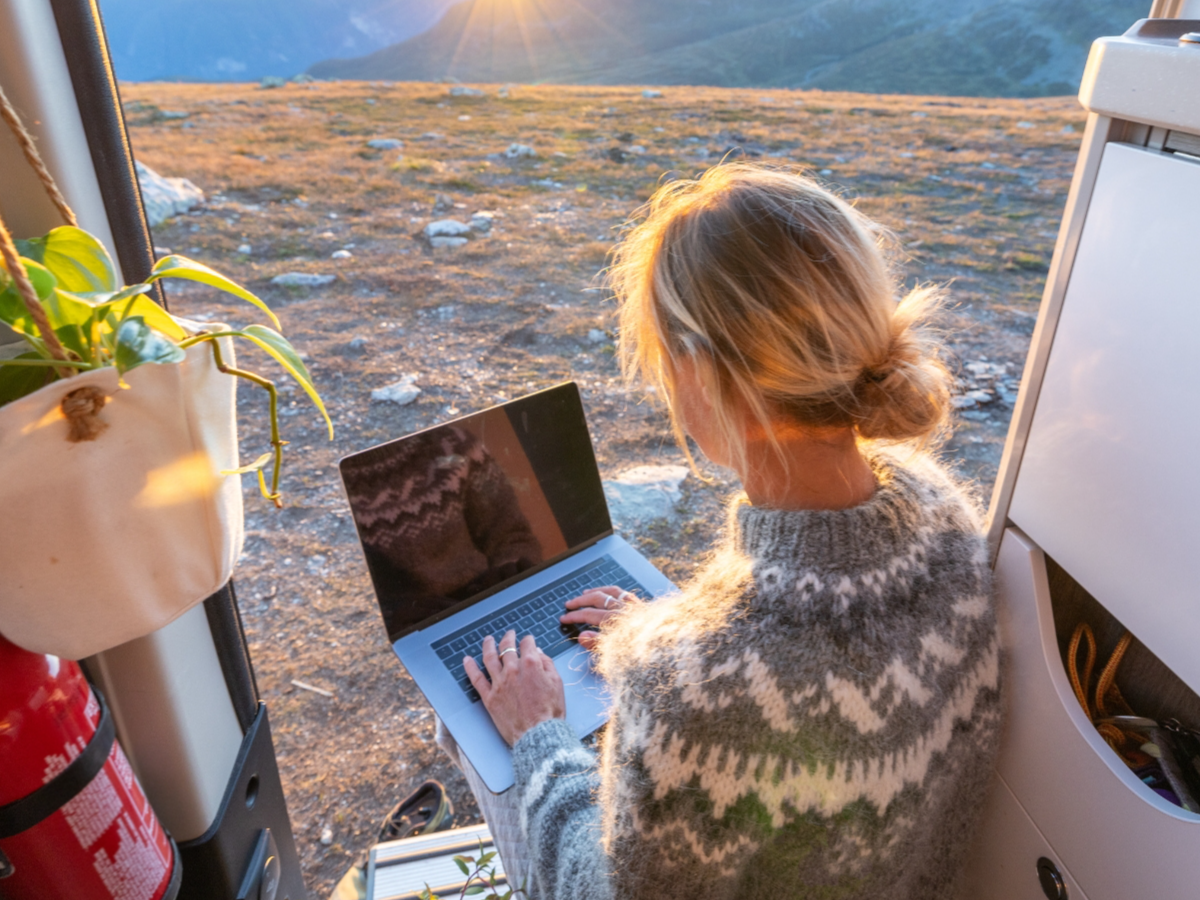Digital nomads and their collaborative working and living spaces.
Digital nomadism, or lifestyle migration, has been accelerated by the pandemic and it seems that more than 35 million workers are identified as digital nomads in 2022, about 50% of them being millennials. This trend is expected to increase in the next few years in large cities and more rural and peripheral areas, especially in Southern Europe and the Global Sout. In Greece and Portugal (respectively), while the major cities (Athens and Lisbon) remain significant destinations, digital nomads also sought alternative locations in tourist destinations (islands of Crete and Madeira) and second-tier regions (Volos and the Centro region). In parallel, local public authorities took initiatives to attract digital nomads and create “digital nomads parks” (e.g., in Ponta do Sol in Madeira). Moreover, rural areas saw the emergence of hubs and coliving spaces that aim to facilitate digital nomads.
